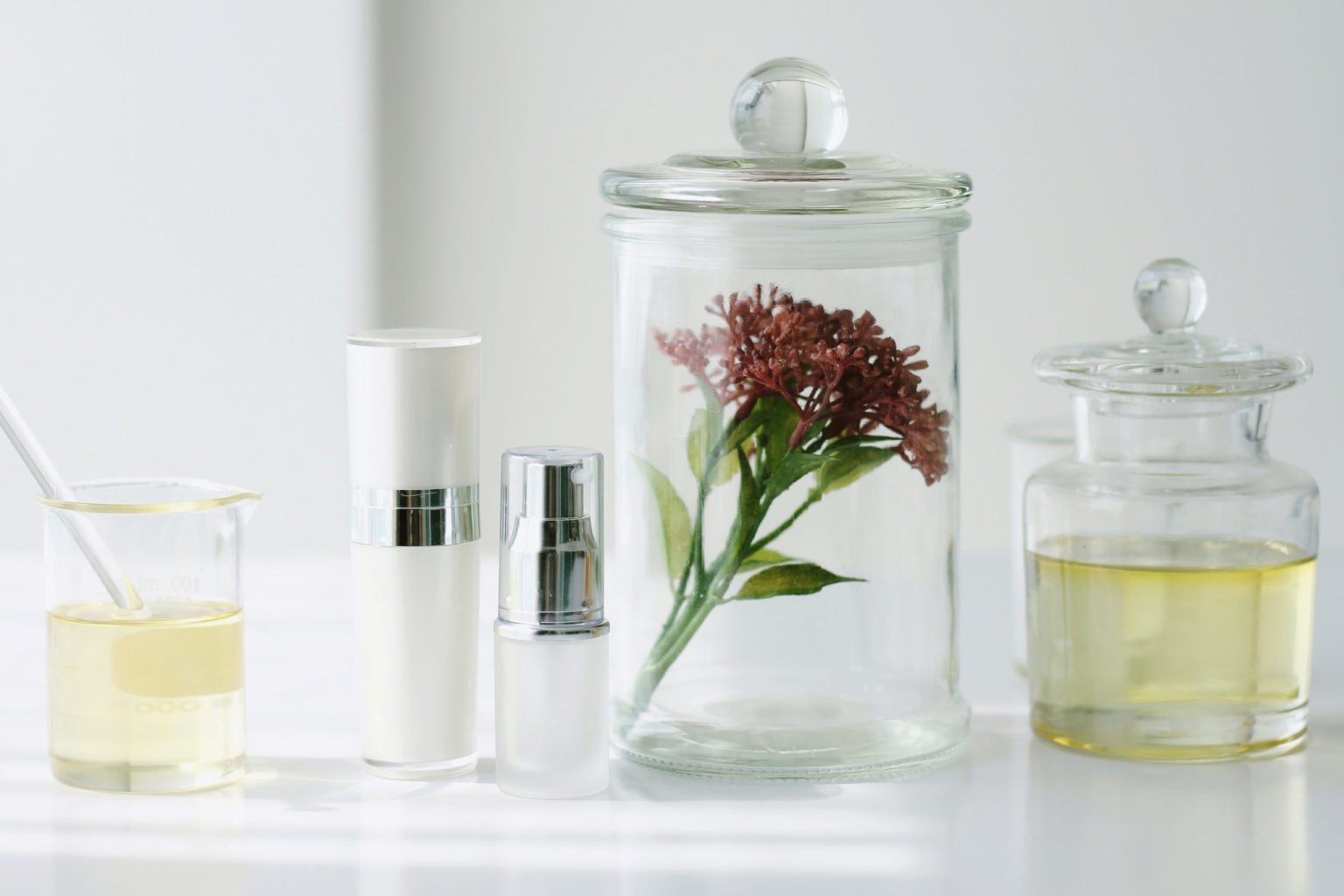Plant based beauty products have become increasingly popular in recent years as more people learn about the potential dangers of chemicals found in conventional beauty products. If you’re looking to live a more environmentally friendly lifestyle by adding more natural products to your beauty regimen, plant-based beauty is a great option to explore. Read on to learn about the numerous benefits of natural products and what they can do for your skincare routine.
Improve Your Complexion
One of the many benefits of using plant-based beauty products is that they can help improve your complexion. Plant-based ingredients are packed with antioxidants and other nutrients that can nourish your skin and give you a healthy glow. Some plant-based ingredients that are known for their skin-nourishing properties include:
Aloe vera: This succulent has been used for centuries to soothe sunburned skin and treat other skin conditions. Aloe vera is also a great source of antioxidants, which can help protect your skin from free radical damage.
Coconut oil: Coconut oil is a natural moisturizer that can help keep your skin hydrated. It’s also a good source of lauric acid, which has anti-inflammatory and antimicrobial properties.
Shea butter: Shea butter is a rich moisturizer that contains fatty acids, vitamins, and minerals that can help improve the appearance of dry or damaged skin.
Green tea: Green tea is loaded with antioxidants and nutrients that are beneficial for your skin. The antioxidants help to protect your skin from free radical damage, which can cause premature aging. The nutrients in green tea can help to nourish your skin and keep it looking healthy. Additionally, green tea can help to reduce inflammation and redness.
Get Cleaner, Healthier Skin

The skin is the body’s largest organ, and it’s also one of the most exposed. That’s why it’s so important to take care of it by developing a skincare routine. Plant-based beauty products are made with ingredients that come from plants, and they’re better for your skin than traditional beauty products that typically contain harsh chemicals.
The chemicals in conventional beauty products are more likely to cause irritation or allergic reactions. Plant-based products are nontoxic, which means they won’t harm your skin or health. In addition, plant-based beauty products are often more affordable than traditional beauty products, and more retailers are carrying them as they increase in popularity.
The Advantages of Going Green

One of the biggest advantages of using plant-based products is that they are better for the environment. Plant-based ingredients can be grown without pesticides or other harsh chemicals, which means they are less harmful to the planet. They also often come in recyclable packaging, which reduces waste.
Another advantage of plant-based products is that they are often gentler on the skin than synthetic ingredients. This is because plants are naturally rich in antioxidants, vitamins, and minerals that help keep the skin healthy. In addition, some plant-based ingredients have anti-inflammatory properties that can help soothe skin conditions like acne or rosacea.
Finally, using plant-based beauty products supports sustainable agricultural practices. By choosing products made with sustainably sourced ingredients, you can help reduce deforestation and promote responsible farming methods.
They Smell Amazing
One of the best things about plant-based beauty products is their amazing scents. From citrus to floral, there’s a scent for everyone. Fragrances derived from natural ingredients are also not as strong or pungent as those made from chemicals. When applying a product to your skin and face, you don’t want something that smells too intense, especially if you’ll be wearing another perfume or cologne.
The benefits of using plant-based beauty products are overall healthier for both people and the environment. Plant-based ingredients are often gentler and less likely to irritate the skin, making them a better choice for people with sensitive skin. They are also more sustainable, requiring fewer resources to produce and resulting in less waste.











